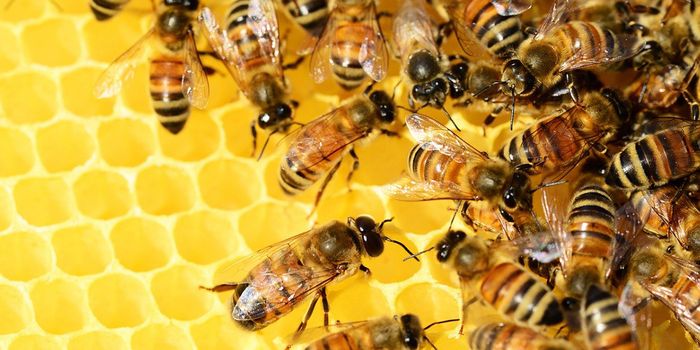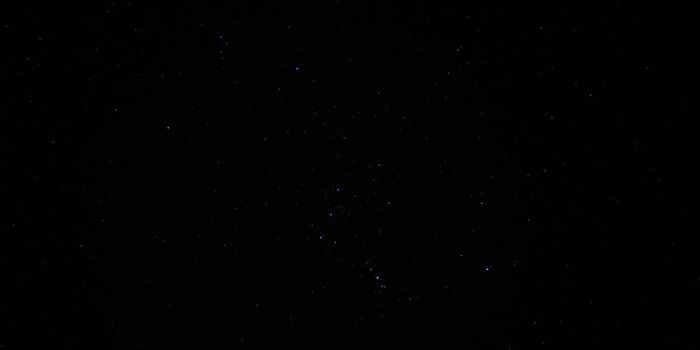The decline in bees that pollinate crops has been getting a lot of attention. Due to some pesticides, the bee population has been dropping and this has had a negative effect on crops. A new report from The Intergovernmental Science-Policy Platform on Biodiversity and Ecosystem Services, a group of over 100 governments formed by the UN and working together on environmental issues, states that many crops are pollinated by butterflies, moths, wasps and bats as well as birds and other non-insects. These other pollinators are threatened by pesticide use, like the bees, but there are additional factors as well. Changes in land use, climate change and the invasion of new species have all reduced the number of pollinating creatures.
Estimates show that over 75% of the world's food crops depend heavily on pollination. While the report urges action on the part of governments, the research has gaps in what the exact causes are. The crop industry is worth $500 billion annually on a global scale. For this reason the experts who did the research are stressing that more information on these factors has to be found so that large-scale destruction of crops does not happen.








